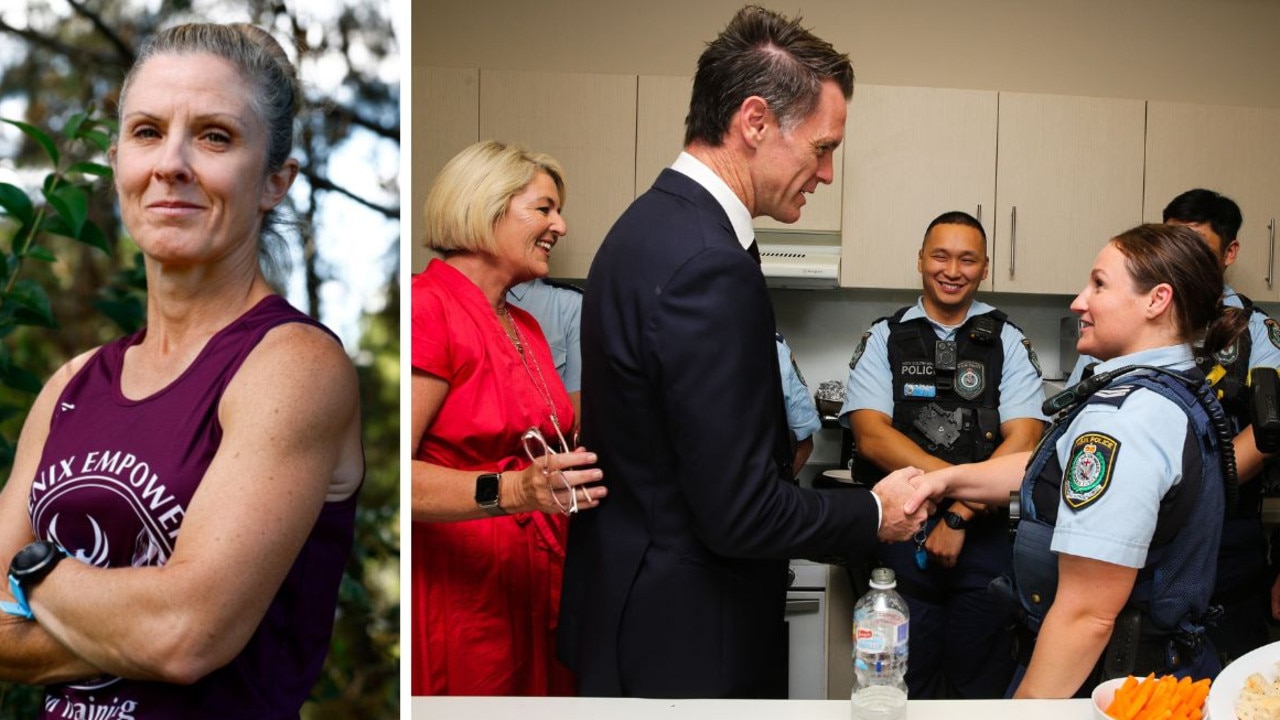Cumberland Council votes to keep photo ID rule to gain entry into swimming pools
Mums, dads and water safety authorities have welcomed a western Sydney council’s decision to retain a rule for swimmers to produce photo ID before entering its aquatic centres. Here’s the latest.

NSW
Don't miss out on the headlines from NSW. Followed categories will be added to My News.
Parents have endorsed Cumberland Council’s policy that requires patrons to produce photo identification at aquatic centres, with mums and dads saying they “feel safe again”, especially at Granville – the hotspot for abuse against staff.
Councillors Joseph Rahme and Steve Christou’s proposal to abolish the
compulsory identification at swimming pools including Granville, Merrylands and Wentworthville, was defeated on Wednesday night.
Over the past two years, the council reported the number of incidents plaguing the facilities had plunged from 50 to zero since the ID rule was rolled out.
Mum-of-three Rebecca Jenkin, who has worked in the aquatic industry for 25 years, said she had witnessed the public abusing staff members and patrons at the facilities.
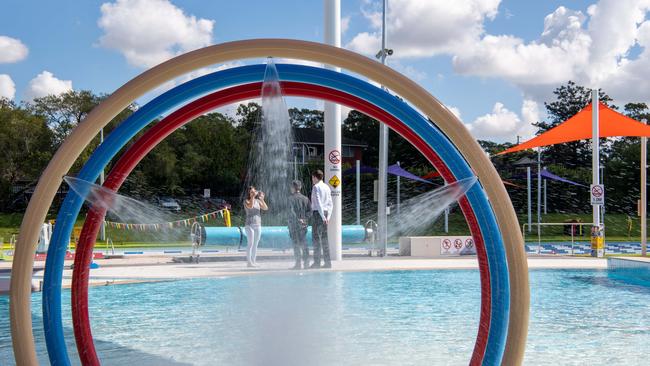
“I previously had been swimming at the local pools and stopped because of the violence that I would see,’’ she said.
“However upon seeing this system in place on social media we’re now starting to go back to the pool. We find that it (Wentworthville) is a great place to swim and I feel safe with this system in place.’’
Dad Adnan Hamoul has welcomed the security measure after he said he was forced to call the police four times in one day in September 2023 because schoolboys were fighting, vaping, eating in the pool, jumping on children, abusing and harassing staff members.
He also witnessed them damage pool flags and ropes, harass staff members and patrons and saw some offenders “swimming with underwear”.
“I feel pool staff are too scared to approach and I don’t blame them,’’ he said.
Jessica Robson, whose daughter has attended swimming lessons at Cumberland pools for the past five years, has felt the “safest” since the system was implemented.
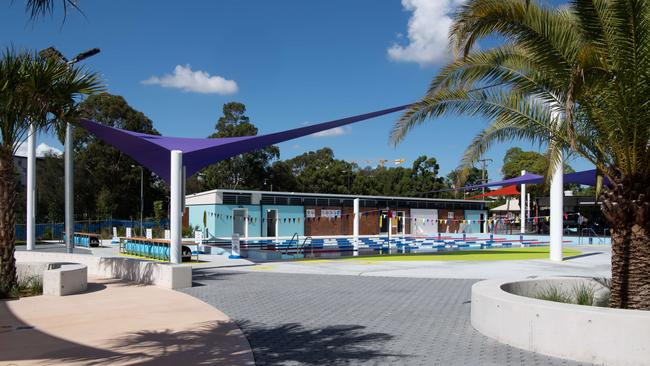
“As a previous lifeguard at Wet‘n’Wild, anyone who entered Wet‘n’Wild had to put their name down to show that they entered for the day, so how is going to a swimming pool any different to ensure safety for our children and for our single parents, or for our elderly?
“It doesn’t matter if you’re three, 33 or 83 – by going to a pool you want to feel safe.’’
However, Najat Zeait returned to the council to oppose the system after her 85-year-old friend Mountaha Maikounian was turned away from Granville Swim Centre in February because she only had her concession card when she attended for water aerobics.
“I still strongly believe there’s no need for it,” she said.
“There’s an issue with troublemakers, I think there’s a way to work around it like banning them from coming to the pool.’’
Councillors who objected to the rule blasted the council for “punishing” the public because the police were not responding to incidents.
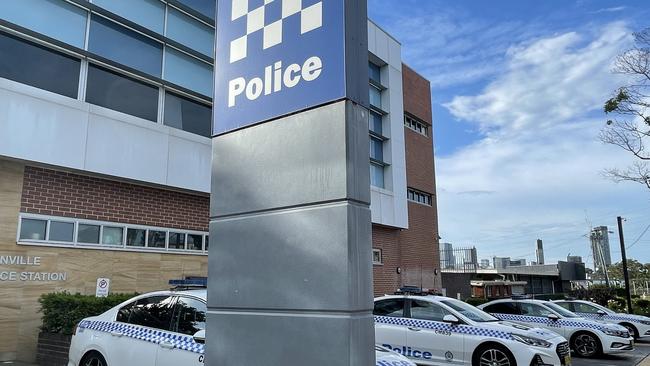
“We are the only council that has implemented this system and I have to ask why are we doing the job of the police?’’ Cr Christou said.
Cr Rahme demanded to know why a ban on Granville Boys’ and Granville South high schools – whose students had been causing the most trouble at the Granville pool – had been lifted and wanted more action from Cumberland police – a “toothless tiger’’.
“Why are we trying to fix a problem and throw a blanket approach? If we had a local area command that responded, we wouldn’t have this problem,” he said.
Aquatic staff, authorities back ID rule
This week, Royal Life Saving NSW chief executive Michael Ilinsky also backed the ID system and said Granville staff showed strong proof the rule had worked in deterring crime at the aquatic centre which was a “hotspot”.
He said recent data revealed that more than 2000 incidents of abuse, violence and aggression were reported in aquatic facilities across Australia in the past year.
“This is wholly unacceptable,’’ he said.
Mr Ilinsky said 61 per cent of the organisation’s employees were under 24 and 85 per cent of swim teachers were female.
“These statistics make clear that our workforce is especially at risk of workplace aggression,’’ he said.
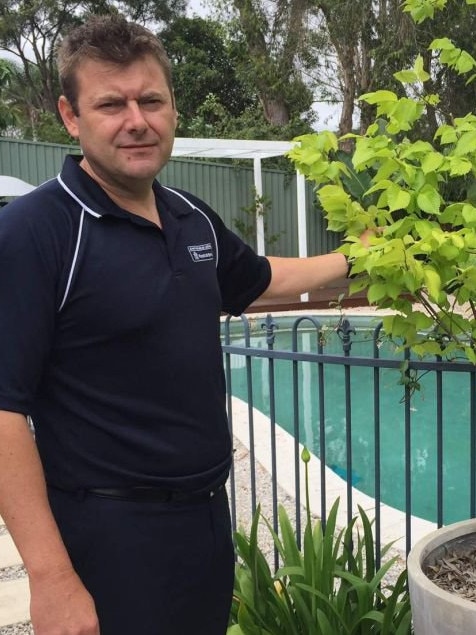
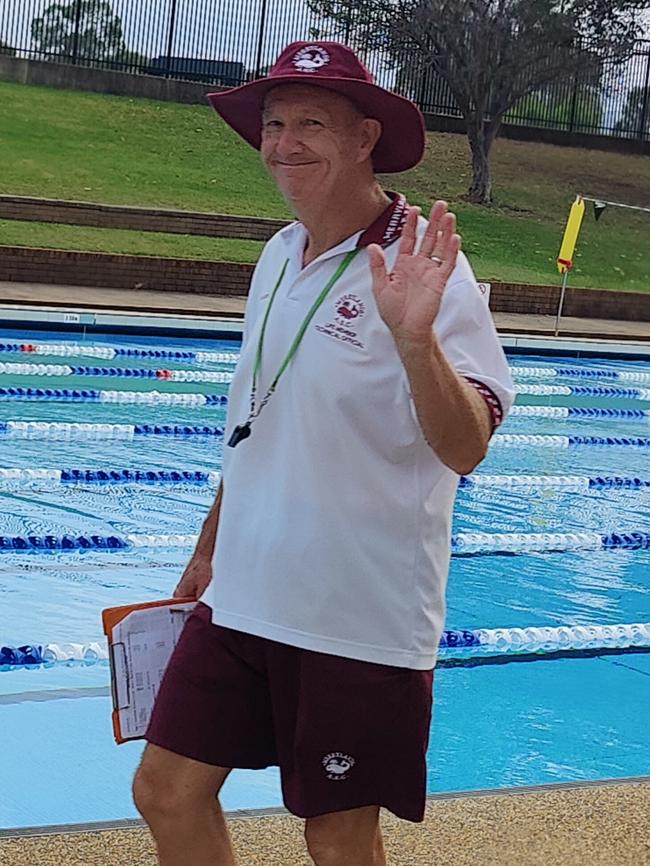
“We don’t want young kids who are looking for a career in the industry to have an understanding that it’s not a safe place to work.’’
The photo ID requirement was rolled out last year in response to tackling crime at Cumberland swimming pools, which forced the council to spend $160,000 on security guards and police to manage the centres over the past two years.
In a letter to the council, Merrylands Amateur Swimming Club president Graham Edwards said its experience with the system had been positive.
“There has been a reduction in vandalism and damage to property (for example, starting blocks and in change rooms) and staff appear more relaxed without groups of people harassing them,’’ he wrote.
“Our squad coaching staff have also noted an improvement in behaviour towards them by other patrons using the centre.’’
He said no problems were experienced when just under 200 swimmers from 31 clubs used the system for a major swim meet at Merrylands Swimming Centre in February.
More Coverage
Originally published as Cumberland Council votes to keep photo ID rule to gain entry into swimming pools




